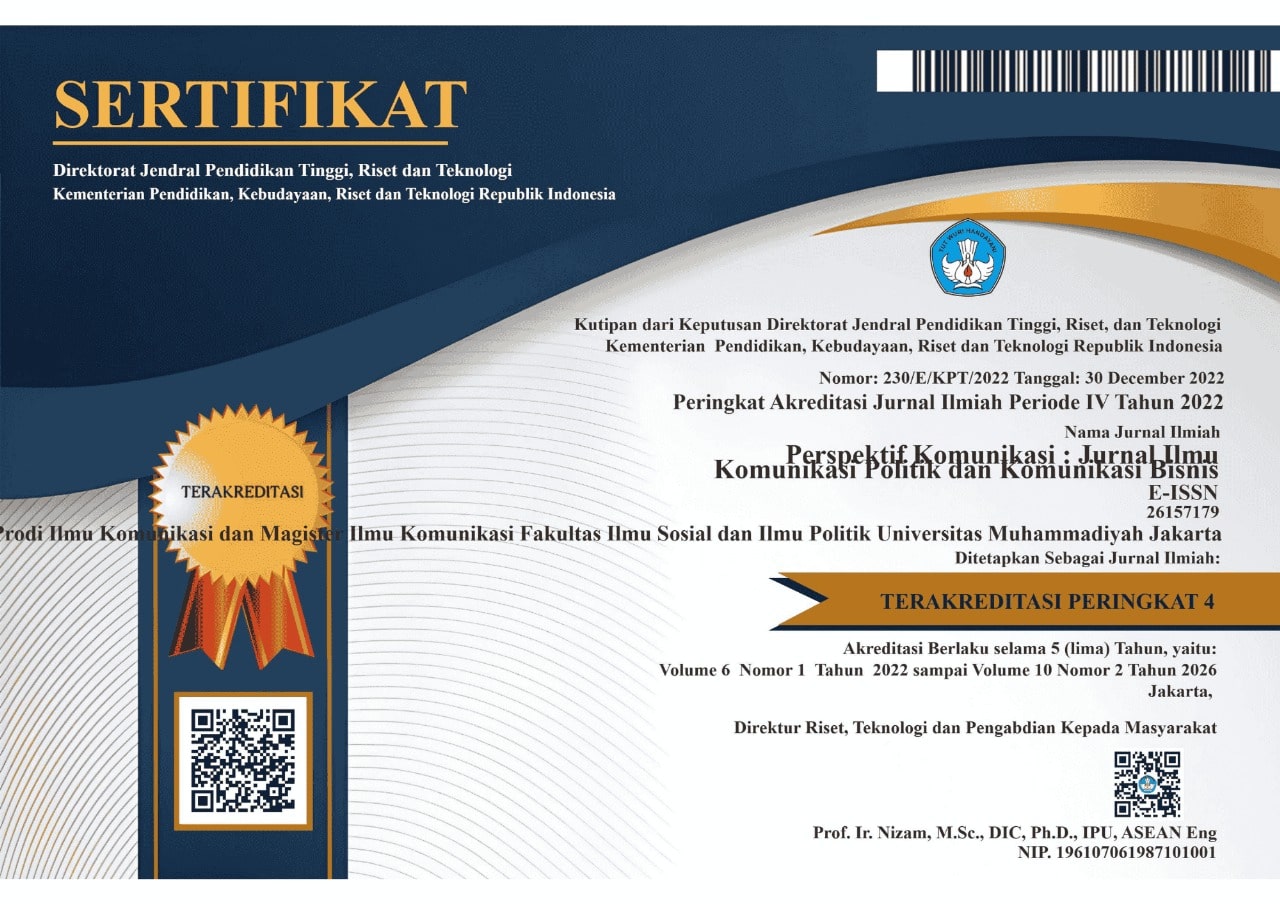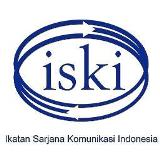THE GREEN MOVEMENT OF SUSTAINABILITY: A CASE OF IKEA IN INDIA
Abstract
This research examines IKEA's sustainability movement and its impact on customer behavior. As a global leader in furniture retail, IKEA has embarked on a transformative journey to minimize its environmental footprint and promote responsible consumption practices. By integrating renewable energy, sustainable sourcing, and eco-friendly product lines, IKEA has positioned itself as a pioneer in corporate sustainability. The growing environmental concerns and increasing demand for sustainable business practices have compelled corporations to reassess their strategies. However, the extent to which corporate sustainability efforts influence consumer behavior remains a critical question. This research seeks to address this gap by evaluating the impact of IKEA’s sustainability strategies on customer behavior, particularly in terms of eco-conscious decision-making and brand loyalty. Adopting a mixed-methods approach, the study combines qualitative analysis of IKEA’s sustainability reports and initiatives with quantitative customer surveys. The theoretical foundation is rooted in the Triple Bottom Line framework, emphasizing the balance between economic, social, and environmental sustainability. IKEA’s commitment to 100% renewable energy, ethical material sourcing, and the introduction of recycled and energy-efficient products exemplifies its alignment with this framework. The findings reveal that IKEA’s sustainability initiatives empower customers to make environmentally conscious decisions and enhance brand loyalty through educational campaigns and eco-conscious product offerings. This research underscores the vital role of sustainability in shaping modern consumer behavior and driving corporate success, providing insights for corporations seeking to integrate sustainability into their business models while fostering long-term customer relationships.
Keywords
Full Text:
PDFReferences
Bansal, P. (2005). Evolving sustainably: A longitudinal study of corporate sustainable development. Strategic Management Journal, 26(3), 197-218.
Brodin, J. (2023). IKEA CEO: 3 Ways to Gain Competitive Advantage with Sustainability. MIT Sloan Management Review.
Bowen, H. R. (1953). Social responsibilities of the businessman. Harper & Brothers.
Carroll, A. B. (1991). The pyramid of corporate social responsibility: Toward the moral management of organizational stakeholders. Business Horizons, 34(4), 39-48.
Elkington, J. (1998). Cannibals with Forks: The Triple Bottom Line of 21st Century Business. New Society
Epstein, M. J., & Roy, M. J. (2001). Sustainability in Action: Identifying and Measuring the Key Performance Drivers. Long Range Planning, 34(5), 585-604
Gardetti, M. A., & Torres, A. L. (2013). Sustainability in Fashion and Textiles: Values, Design, Production and Consumption. Routledge.
Goodpaster, K. E. (1991). Business ethics and stakeholder analysis. Business Ethics Quarterly, 1(1), 53-73.
Grayson, D., & Hodges, A. (2017). Corporate Social Opportunity!: 7 Steps to Make Corporate Social Responsibility Work for Your Business. Greenleaf Publishing.
Hastuti, S. P., & Purnama, P. A. (2024). Analyzing the Influence of Green Marketing on Sustainable Purchasing in Indonesia Using SEM. International Journal of Environmental Research and Public Health, 21(8), 2765.
IKEA Group. (n.d.). Sustainability Strategy & Initiatives.
IKEA Sustainability Report. (Annual publication)
Maignan, I., & Ferrell, O. C. (2001). Corporate citizenship 4. Do you believe that companies like RIKEA have a asnaammaarketing instrument: Concepts, evidence and research directions. European Journal of Marketing, 35(3/4), 457-484.
Moon, J., & Vogel, D. (2008). Corporate social responsibility, government, and civil society. In A. Crane, A. McWilliams, D. Matten, J. Moon, & D. Siegel (Eds.), The Oxford handbook of corporate social responsibility (pp. 303- 322). Oxford University Press.
Mahalakshmi, S., Nallasivam, A., & Kumar, S. H. (2024). Sustainability by Design: IKEA's Eco-Friendly Marketing Efforts. Proceedings of the 3rd International Conference on Reinventing Business Practices, Start-ups and Sustainability (ICRBSS 2023), 145-161.
Mekideche, A. (2024). Exploring the Role of Sustainable Marketing in Enhancing Social Responsibility in Organizations - A Case Study. International Journal of Business and Social Science, 15(10), 45-52.
Pflug, K. (2023). Your Billy Bookcase Should Have Multiple Lives, Says IKEA Sustainability Chief. The Wall Street Journal.
Schaltegger, S., & Burritt, R. (2005). Corporate sustainability. Springer.
Waddock, S. (2004). Parallel universes: Companies, academics, and the progress of corporate citizenship. Business and Society Review, 109(1), 5-42.
DOI: https://doi.org/10.24853/pk.8.2.241-250
Refbacks
- There are currently no refbacks.

Journal © 2018 by Perspektif Komunikasi: Jurnal Ilmu Komunikasi Politik dan Komunikasi Bisnis is licensed under CC BY-SA 4.0
This work is licensed under a Creative Commons Attribution-NonCommercial 4.0 International License
My Stats
 ::
::











1.png)




_2.png)


1.png)

2.png)